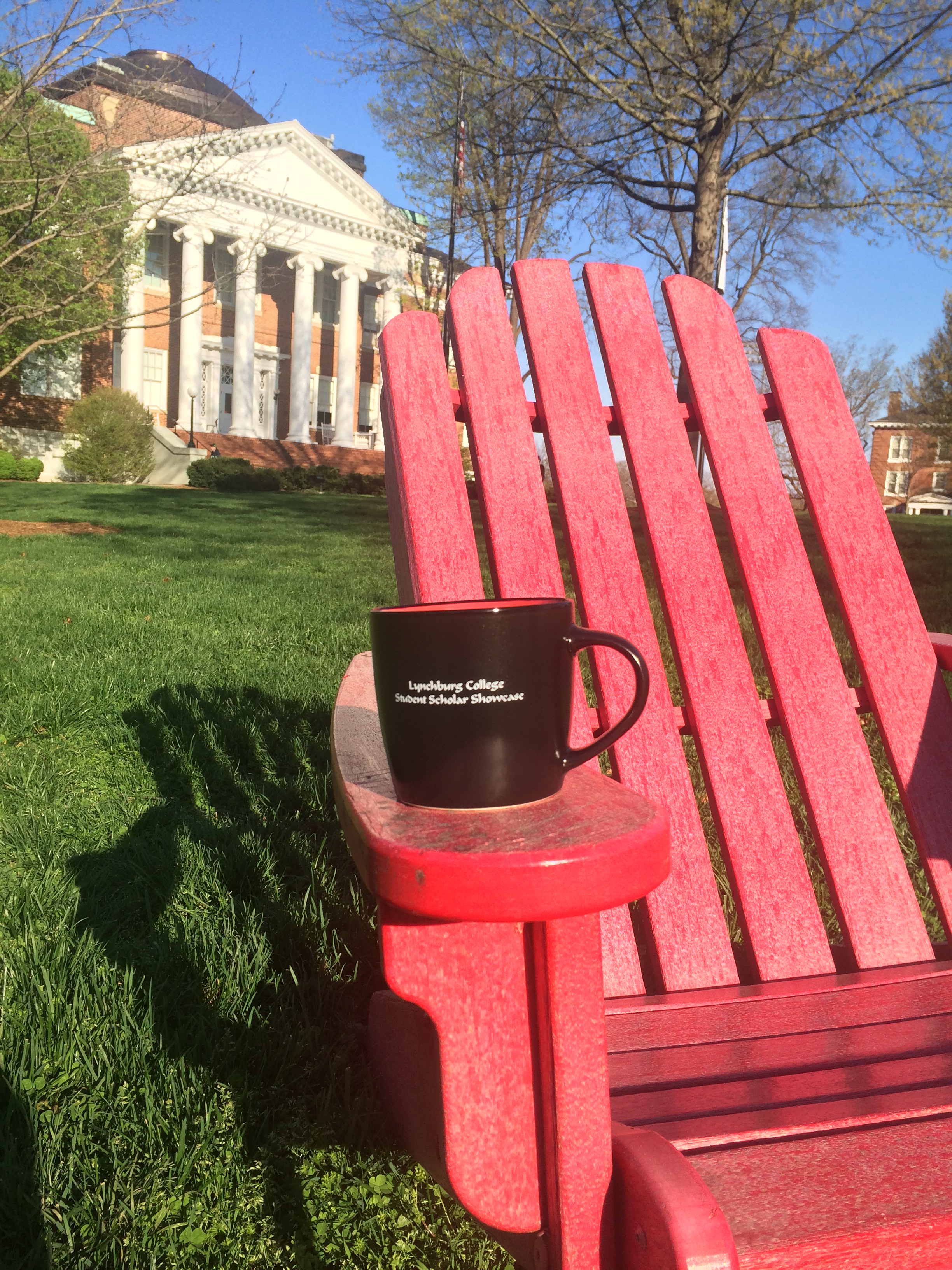
THE EFFECT OF HUMOR THERAPY AND HOW IT PROMOTES TO THE WELL-BEING OF ADULTS
Access Type
Campus Access Only
Entry Number
62
Start Date
4-5-2017 12:00 PM
End Date
4-5-2017 1:00 PM
Department
Psychology
Abstract
THE EFFECTS OF HUMOR THERAPY
Abstract
The beneficial effects of humor therapy have been reported in several areas of well-being. However, the knowledge or sources of knowledge acquired through observation and experiment is limited. In this study we will assess the efficacy of a humorous movie, and a laughter video, in comparison to a neutral movie when presented to female participants from a community dwelling attending a senior center. The aim of this study is to assess whether humor therapy has an effect on well-being in elderly. The study will show how elderly will improve under the conditions of humor therapy. A group of 15 seniors will be participating through a convenience sample. Participants will complete an assessment of their well-being through a set of questionnaires developed by Diener et al (1985) (Emotional Well-being Scale). The results will contribute to a high level of different aspects of well-being in adults. The results will also show that there is a quick emotional response to the humor activities when presented to the group. It is expected that exposure to humor will increase individuals’ moods hence, enhancing their life. Research studies show that humor contributes to one’s quality of life especially in the elderly, and further consideration into its research and practice should be continued. Intervention programs, for example, humor therapy promotes sense of humor and consequently increasing quality of life are helpful and beneficial for elderly. I am hoping that the study will encourage health providers to use this method to brighten up their lives.
Primary Faculty Mentor(s)
Dr. Virginia Cylke
THE EFFECT OF HUMOR THERAPY AND HOW IT PROMOTES TO THE WELL-BEING OF ADULTS
THE EFFECTS OF HUMOR THERAPY
Abstract
The beneficial effects of humor therapy have been reported in several areas of well-being. However, the knowledge or sources of knowledge acquired through observation and experiment is limited. In this study we will assess the efficacy of a humorous movie, and a laughter video, in comparison to a neutral movie when presented to female participants from a community dwelling attending a senior center. The aim of this study is to assess whether humor therapy has an effect on well-being in elderly. The study will show how elderly will improve under the conditions of humor therapy. A group of 15 seniors will be participating through a convenience sample. Participants will complete an assessment of their well-being through a set of questionnaires developed by Diener et al (1985) (Emotional Well-being Scale). The results will contribute to a high level of different aspects of well-being in adults. The results will also show that there is a quick emotional response to the humor activities when presented to the group. It is expected that exposure to humor will increase individuals’ moods hence, enhancing their life. Research studies show that humor contributes to one’s quality of life especially in the elderly, and further consideration into its research and practice should be continued. Intervention programs, for example, humor therapy promotes sense of humor and consequently increasing quality of life are helpful and beneficial for elderly. I am hoping that the study will encourage health providers to use this method to brighten up their lives.

